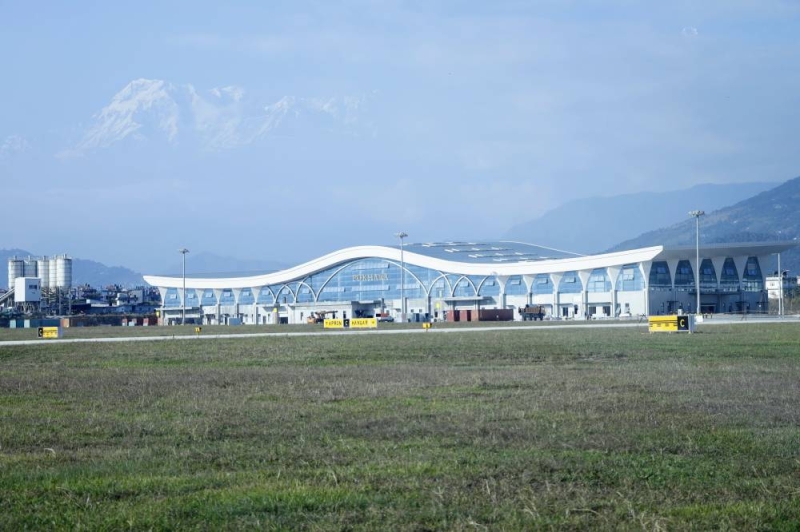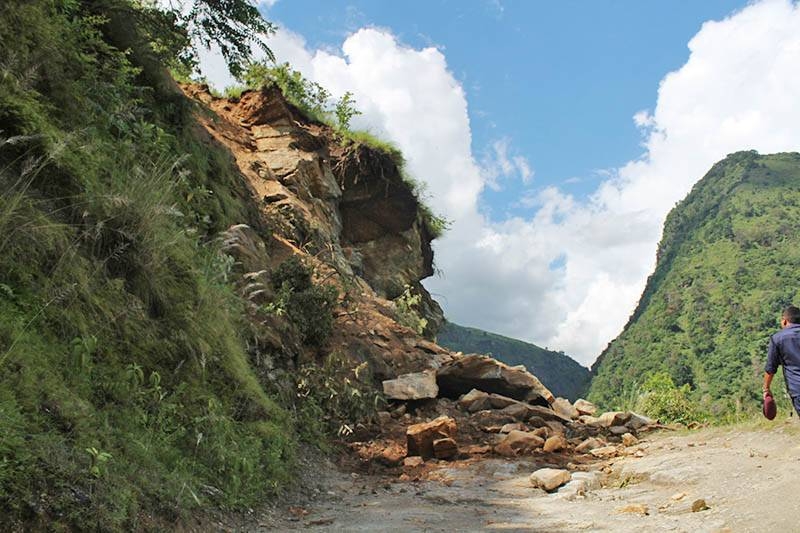Elections cannot be held now
Elections cannot be held now
Published: 12:00 am Apr 15, 2004
Suresh C Chalise
Evidences suggest that one of the main reasons for the failure of talks between the government and rebels was inadequate homework of the stakeholders involved and their interests. Since the new phase of negotiations seems to be in the offing, it is vital to debate about the stakeholders of the present conflict.
According to the development perspective, stakeholders could be persons, groups or institutions with certain interests. In the current political conflict situation in Nepal, they could be divided into three major categories — primary, secondary and tertiary.
The first category involves the sovereign people of Nepal. They are supposed to be at the centre since people are eventual the recipients of impact.
The secondary and tertiary categories invite controversy as they require taking some illegitimate forces also into consideration as stakeholders, namely Maoist insurgents and their allies — COMPOSA/PWG and RIM at regional and international levels respectively. The other stakeholders of the secondary group, which generally is the chain between the primary and tertiary groups, are the government, political parties and other socio-economic institutions such as professional organisations, NGOs and civil society. However, the tertiary stakeholders at the regional level are India and China, and, at the international level, are the US, UK, UN, EU and other bilateral donor countries and their INGOs, who help Nepal develop.
The role of International Committee of Red Cross (ICRC), which mediated to free the security personnel abducted by the Maoists, can be an example in this regard.
Unlike in development paradigm — in which the secondary and tertiary stakeholders work in the interest of the primary stakeholder in the present political impasse of Nepal — the phenomenon has been atypical and disheartening. The sovereign people are the main victims of the ongoing conflict.
The secondary category of stakeholders, which includes the King, government and RNA, the parliamentary parties and the Maoists, are marching ahead with their conflicting agendas. The King appears to be adopting a two-pronged strategy while the parliamentary parties, despite being the representatives of people, have been unable to reach to them owing to Maoist terror. The second constituent of the secondary stakeholders — parliamentary parties -- have come out on the streets for the past one year. They are demanding the restoration of sovereignty of the people guaranteed by the 1990 Constitution. They feel that they have been marginalised by the unconstitutional acts of the King and unlawful actions of the Maoists.
Therefore, in order to thwart the moves, the mainstream parliamentary parties came out with an 18-point agenda, which is, of course, not palatable to the King. However, on the other hand, the Maoists have apparently been insisting on the constituent assembly. But, of late, indications are that the rebels are prepared even for some other agreeable agenda for the resolution of the present crisis. The international community is pressing for respect for human rights and freedom of the people.
All concerned should, first, set aside their unholy ambitions and unjust demands and allow a national government to be formed. The government should revive the dissolved House of Representatives for a limited period with specific mandates after which the government should create a conducive environment for fair elections by bringing the rebels into the mainstream. And then only can fresh elections be held at both local and national level.
Dr Chalise is with Centre for Consolidation of Democracy



